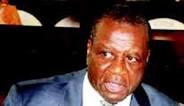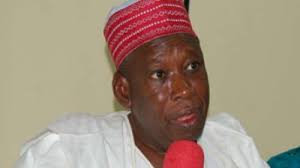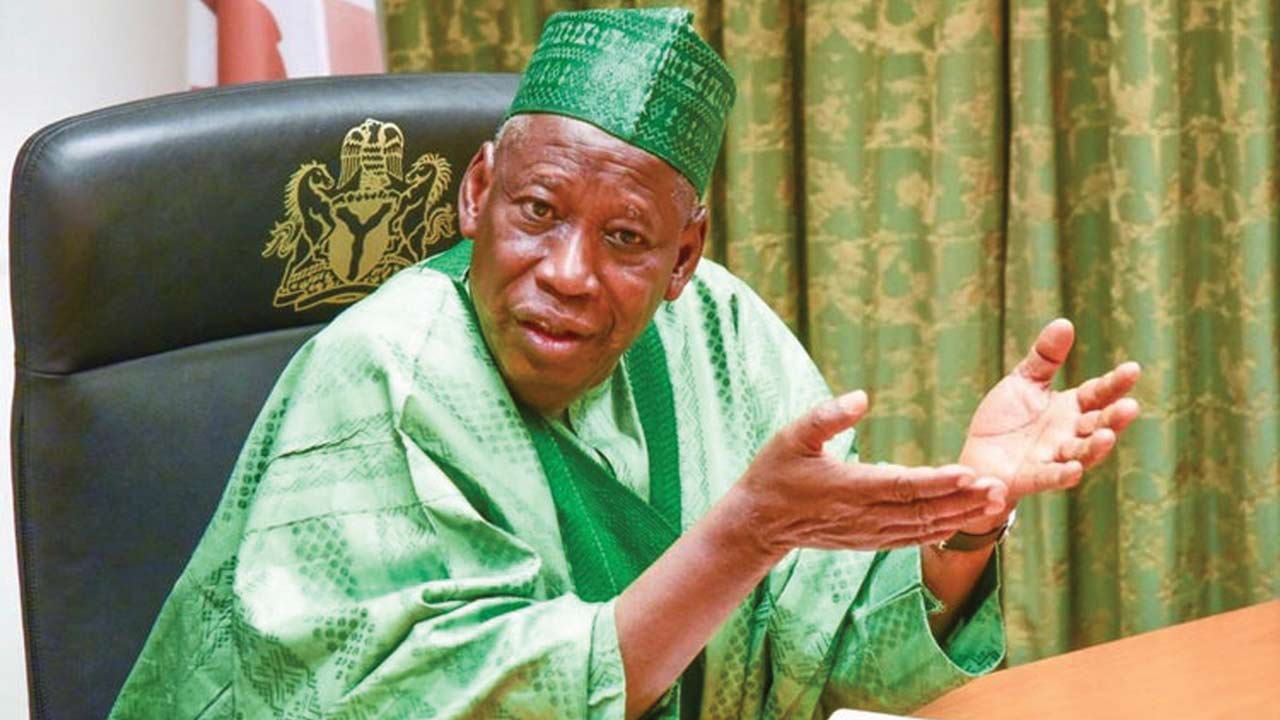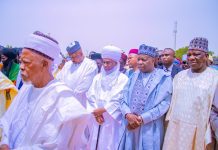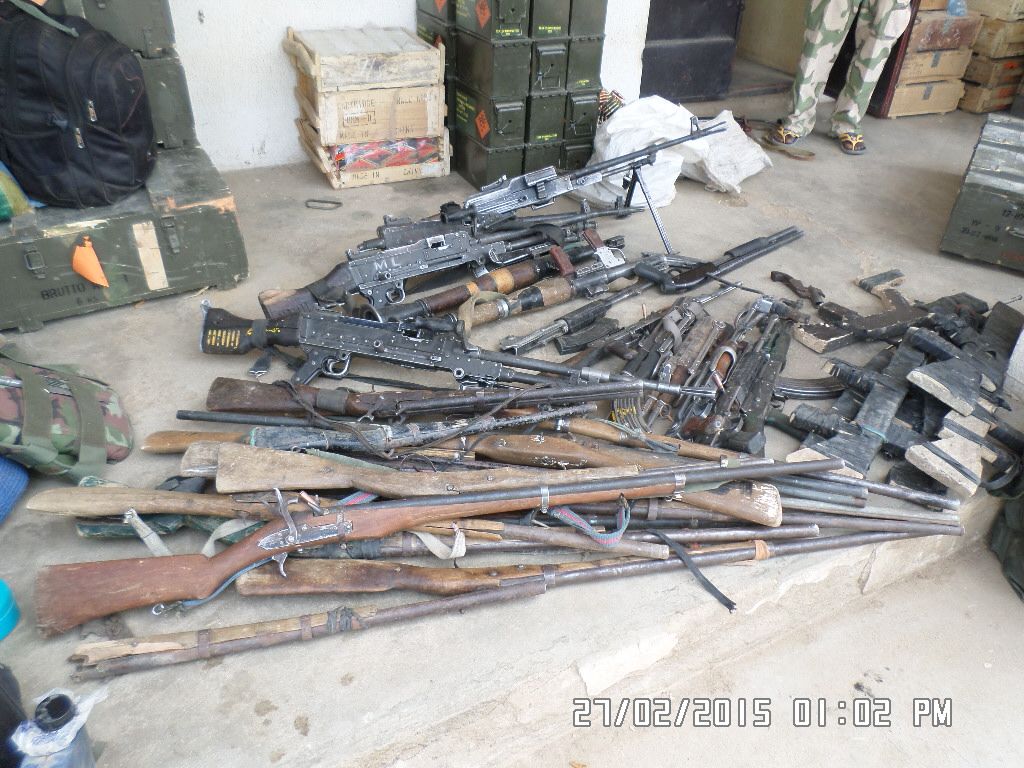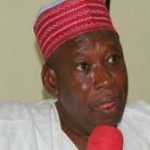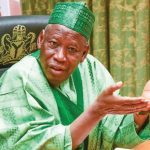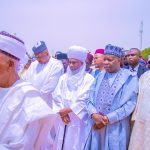By Olusegun Emmanuel, Abuja.
Efforts by the leadership of Labour Unions at the ongoing National Conference reverse the decision of the Devolution of Power Committee to move labour matters from the concurrent list to exclusive legislative list has hit the rocks on Monday as the committee insisted there is no going back on its earlier decision on the issue.
The committee while reviewing the responsibility given to the federal government in the exclusive list had move labour matter to the concurrent list to be legislated upon by both the federal and the state.
But, the labour union representatives at the confab had kicked against the move, lobbying the committee to reverse its decision.
Chairman of the committee, Obong Victor Attah, who disclosed this today, during the adoption of vote and proceedings of the committee explained that the request was turned down by members of the committee.
According to him, the matter failed after members refused to review their decision to re-migrating the issue to the exclusive list as requested by the leadership of the unions who had made a protest visit to the committee last Wednesday.
The former governor of Akwa-Ibom had told the Labour delegates at the conference during the protest meeting that the decision was taken in the best interest of the country.
He also wondered why labour unions always used the instrument of nationwide strike to shut down the country even when a matter being agitated for was ordinarily selfish.
He reminded the unions of his pains, as Akwa Ibom governor, after he established a university in the state and empowered it with the best of facilities and reward profile, only to have it shut down on argument of “sympathy strike”.
Other members of the committee had also backed Obong Attah reminding the labour unions that it was necessary for state governments to also have a say in whatever labour does with its workforce.
Delegates also said that a situation where labour leaders shut down the country, and even affecting private businesses over wage issues which are meant to benefit only federal government workers, was no longer acceptable.
A delegate from the Academia, Prof. Nsongurua Udombana also wondered why the Academic Staff Union of Universities (ASUU) will shut all universities, with strike, even when the disparity between state and federal universities are clear.
He said it was meaningless when state universities had to shut down over wage issues between university teachers employed by the federal government asking “does the federal government legislate for state universities?”
The labour leaders, including Nigeria Labour Congress (NLC), Trade Union Congress (TUC) among others, had led a protest to kick against a recommendation to migrate labour matters from the exclusive legislative list to the concurrent legislative list.
Addressing the committee, President of the NLC, Comrade Abdulwahid Omar, said the decision goes against the interest of Nigerian workers.
He pleaded with the committee to reconsider its decision on the labour issue and revert it to the exclusive legislative list noting that “those who are behind this are doing it for their own narrow interests”.
He said “we are worried when we heard that your committee has decided to migrate labour issues to the concurrent list from the exclusive legislative list. This is not the first time we have to speak on this. We had even made a presentation before the senate when it decided to do the same thing your committee has done. and after our presentation, the senate reverted”.
According to Comrade Omar, it will be counter-productive to dissipate much energy on issues of natural resource control without taking cognizance of the prime position which the human resource occupies.
He warned that the move would militate against the minimum wage policy of government noting that it was important for the for the country to sustain a federally accepted remuneration system for the country warning that delisting labour from the exclusive list would empower states to treat workers unfairly.
Comrade Omar insisted that labour “is a national issues and about 90 percent of the countries in the world have labour on their exclusive legislative lists”.
Aligning himself to the position presented by Comrade Omar, President of the Trade Union Congress, Comrade Boboyi also reminded that labour cannot be pushed over to states for reasons associated with fear of emasculating workers in the country.
The Unions argued that labour, being a vital factor of production, would be destroyed if moved to the concurrent legislative list.

